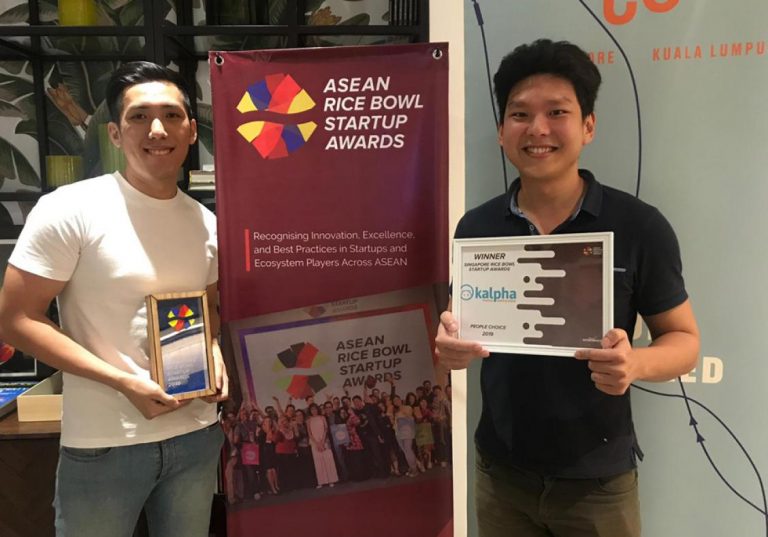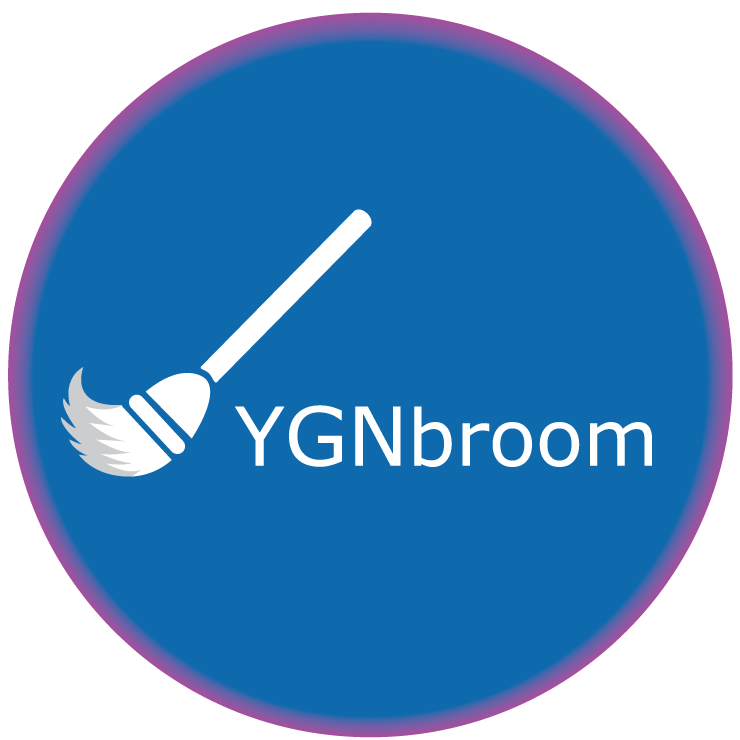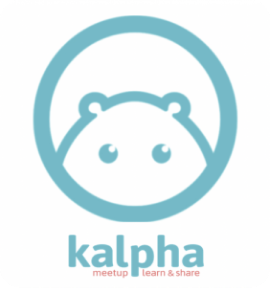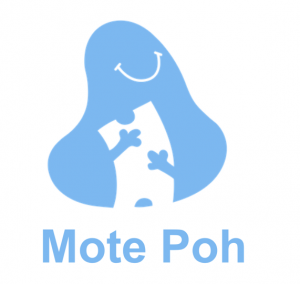VIETNAM is drawing record numbers of Singapore businesses as companies continue to look for expansion opportunities despite Covid-19.
Enterprise Singapore (ESG) said it has supported more than double the number of internationalization projects for enterprises looking to expand into Vietnam since 2018. From January to October 2020 alone, ESG supported 56.9 per cent more projects year on year across sectors such as ICT and media, professional services, and education.

Kalpha co-founders (from left) Jaden Teo and Jack Soh
Since the launch of the Singapore Business Federation’s GlobalConnect@SBF last November, the centre, supported by ESG, received the highest volume of enquiries for regional overseas business ventures in Vietnam, says ESG assistant CEO Tan Soon Kim.
Traditionally, Singapore companies that are keen to invest in or expand in Vietnam come from sectors that include infrastructure and urban solutions note Mr Tan. In recent years, however, there has been growing interest in the areas of manufacturing, F&B and retail.
Functional juice company Doki Doki for instance, set up a factory in Vietnam in 2017, from where its R&D and production teams work with European companies to innovate and launch new products.
It decided to expand its sales channels to Vietnam this year and pushed forward the launch of their new product Lean Up calorie-burning juice. Within two weeks of the launch, the product was sold out in Vietnam and Singapore.
“Our domestic sales are almost reaching pre-Covid levels and we also see a higher volume of enquiries from F&B and manufacturing customers because their suppliers have either folded or they are not able to provide the same level of good quality and customer service,” says Doki Doki co-founder and CEO Alex Goh.
Another company that is actively scaling up its retail presence in Vietnam is Norbreeze Group, which distributes and markets jewellery and timepiece brands including Pandora, Olivia Burton, Bering, Coach, Boss, and Tommy Hilfiger.
The company is opening three new owned-and-operated stores in Vietnam in November and five partner stores in December/January. By end-2020, Norbreeze will manage a retail network of 19 stores in Vietnam, comprising 11 owned-and-operated stores, and eight stores operated by partners. And by end-2021, it expects to go to 35 stores.
For Norbreeze CEO Anders Peter Sauerberg, it boils down to cost and returns on investment. According to Mr Sauerberg, cost of operations in Vietnam can be 50-60 per cent lower compared to Singapore. It simply is more profitable to operate physical stores there. This is in tandem with Norbreeze’s new website cocomi.vn.
“We are quite aggressive in opening stores because we have found a model that works. This enables us to open fast not only in first-tier cities but also in second-tier locations,” he says.
Not that it is giving up on retail in Singapore. In fact, it is implementing new technology at its physical stores. Termed conversational commerce, this gives consumers at home direct visible access to a sales associate who is working in the store.
“In the pure online space, we have an expected conversion of 1-2 per cent. In physical stores, depending on the category of the store and what is being sold, between 10 and 30 per cent. Conversational commerce is expected to sit in the middle at 14 per cent,” says Mr Sauerberg.
But perhaps most intriguing is a decision by local startup Kalpha to launch its app in Vietnam this year.
Kalpha’s whole business model is premised on connecting people – “learners” and “sharers” to learn and share skills, knowledge and experiences. The catch? It strongly believes in the value of synchronous learning – physical in-person meetups.
“We went to Vietnam in November last year looking to launch our product in February, but Covid-19 pushed everything back and we officially launched in July 2020,” says Kalpha co-founder Jack Soh.
During the early days when news of Covid-19 was first emerging from China, “nobody thought too much about it”, remembers Mr Soh.
“But in Vietnam, everybody was already very cautious. Even back in November, every lift had hand sanitizer and people were already wearing masks. So when it really got out, Singapore was hit harder compared to Vietnam.”
Launching a business that is based around meetups inevitably had its road bumps. People were understandably cautious and the feedback given was that people were open to meeting, but preferred to meet via video conference.
“So we started building our own online meeting function. But once we finished building that, things went back to normal and people were meeting up in-person again,” he says with a rueful laugh.
Kalpha has scaled quickly. From its soft launch when it was seeing between 1,000 and 2,000 downloads per month, it is now looking at 6,000-8,000 user downloads per month.
“In terms of sessions month-to-month, we’re also growing quite quickly. In October we did 580 sessions and in terms of interactions we’re looking at over 10,000 per month.”
Kalpha has even set up its own cafe in district 7, just outside Ho Chi Minh City’s city centre, to provide a space for meetups to happen.
“Singaporeans are still in that mode of being not too inclined to meet up. In Singapore, typically we used to hit about 10 completed sessions per day, but now we’re looking at one to two sessions. In Vietnam, we’re at like 15 to 20 completed sessions a day,” says Mr Soh.
One business for which the model has shifted quite permanently is NovaLand Group’s Nova F&B, the franchisee for Jumbo Seafood in Vietnam.
A Jumbo Singapore spokesperson noted that prior to the pandemic, most customers, whether in Singapore or at overseas outlets, preferred to dine in at the restaurants in big groups. Delivery was never a big part of the overall revenue for the brand.
Delivery has since become the new norm and the team in Vietnam had to quickly go about onboarding the company’s brands on delivery platforms and implementing promotions to encourage consumer spending.
The team also had to review Jumbo’s food offering to ensure the dining experience was not affected by the delivery journey. The packaging was a challenge as spillage is a common problem during delivery.
Overall, Vietnam was able to so quickly get a handle on Covid-19 means the businesses The Business Times talked to remain upbeat about their plans.
Nova F&B said Jumbo Seafood is now one of the leading restaurants in Ho Chi Minh City and the company is “actively seeking” new locations to expand their presence.
Kalpha’s Mr Soh is looking forward to building out the firm’s B2C vertical in 2021. The plan is to offer professional courses, workshops and seminars. There are also plans to gamify the app and allow users to convert points gained to coffee or class credits. Kalpha is also looking to expand to other regions, including Danang and Hanoi.
“Right now, our short term objective is still user acquisition. Our main revenue stream will come when we introduce course and seminar providers. Everybody there wants to learn so professional courses and seminars make sense,” Mr Soh says.
“Team-wise, we’re looking to expand to other regions like Danang and to Hanoi to ramp up our traction. We are on track to hit 100,000 users by the end of the year and hopefully, by the end of next year, we hit 300,000 users. By end-2021, if we can expand to a third country, that will be fantastic.”
Source from: businesstimes.com.sg


 July 28, 2022
July 28, 2022 


